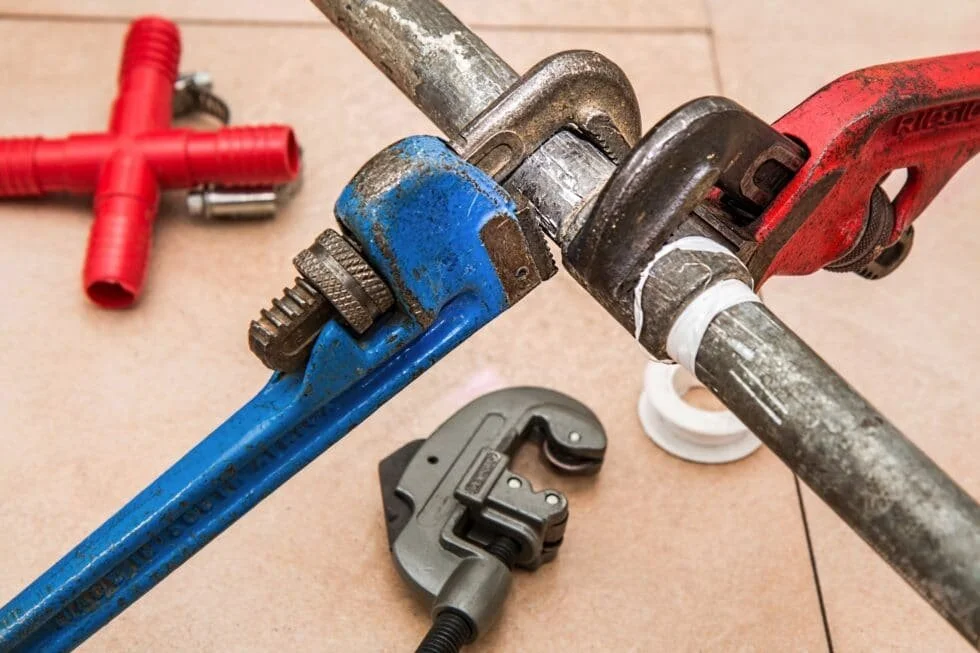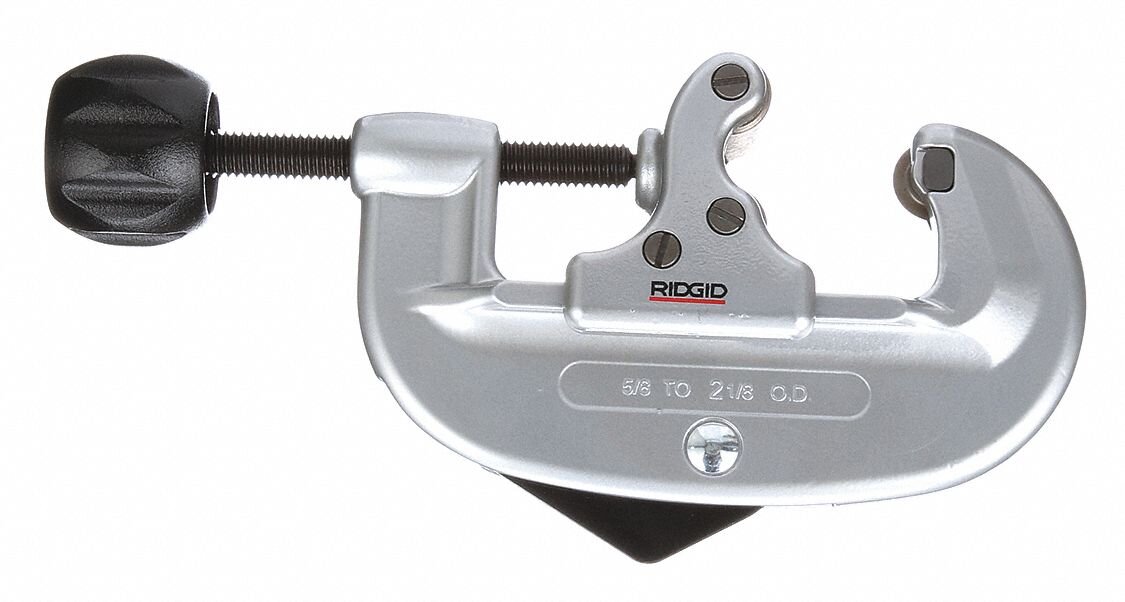Different Types of Plumbing Tools: A List For Plumber
RH Business Marketing Solutions
You can find many plumbing contractors all around the US because of the need for quality plumbing services, and many people are starting plumbing businesses nowadays. Whether it's a residential, commercial, or industrial building, plumbers play a vital role in maintaining a structure's plumbing system. Without them, expect back-flowing drainages, weak running faucet waters, and stinky toilet bowls.
Before you become a plumber, you must undergo extensive training and apprenticeship with another veteran plumber. You also need to know the different plumbing tools because you can't get any work done without them. Most people will know some plumbing tools, while there are some that you might know about for the first time.
Tool #1: Tubing Cutters
One tool that plumbers use to cut pipes is tubing cutters. They use it to mostly cut plastic tubing, with each one having independent cutting ranges. You can mostly find plastic tubing inside buildings since they stay protected against harsh weather elements.
Tool #2: Hacksaw
The hacksaw is an essential tool for plumbers to make precise cuts with plastic or metal pipes. Using anything other than a hacksaw will make the cut rough or imprecise, and that can cause problems when interconnecting pipes. The hacksaw's blade can also cut through any bolt, nut, or screws besides plastic tubing.
Tool #3: Hole Saw
At one point, plumbers need to cut through surfaces and use the opening to let plumbing pipes pass through the other side. Creating holes can become a challenge, especially when faced with a hard surface like concrete tiles or drywall. Fortunately, plumbers can use a hole saw kit to create holes easily. There are different types of hole saw kits that can drill specific surfaces, creating a perfect hole.
Tool #4: Mole Grips
Some plumbing work requires extensive metal pipe welding to accommodate the structure's plumbing system. Note that you cannot directly hold metal pipes while welding them, so mole grips are the best tool to use. They have an adjustable jaw that you can lock into place on pipes to hold it firmly. It should make welding pipes easier since the mole grips can keep two pipes locked together.
Tool #5: Pliers
Another essential tool that should never leave a plumber's side is the pliers. If you encounter a tight bolt that wrenches can't remove, pliers can remove them without a problem. Besides using it to loosen bolts, they work great in bending thin metal wires and even hold two or three thin metal sheets together.
Tool #6: Tube and Pipe Benders
Mole grips can only grip some surfaces, but plumbers never use them to bend metal pipes because they are too tough to bend without tube and pipe benders. Pipe benders are perfect whenever you need to bend straight metal pipes into specific angles. It's better than traveling to a machine shop and using a bending machine on the metal pipes.
Tool #7: Plumber's Torch
After cutting and bending two metal pipes, you need to find a way to connect them. That's where the plumber's torch comes into play. It's a handheld blowtorch that plumbers use to connect or seal new piping for replacements or installs. Note that you can't use the plumber's torch on plumbing components behind specific surfaces unless it has a fire-rated access panel for plaster on the wall.
Tool #8: Thread Sealing Tape
Also known as the Plumber's Tape, you use it on cracked or leaking pipes to prevent water from gushing out. What makes the plumber's tape excellent is that it will stick even when there's water leaking out of the pipes. They create a tight seal better than tying rubber around the leaking area.
The plumbing tools mentioned above are only some of the many you need for every plumbing job. There are still others you need to learn about if you want to become a successful plumbing contractor.
Guest Contributor: Chris Jackson








